Celebrating the Resilience of Emancipated Belizean Ancestors
August first is formally recognized as Emancipation Day in Belize. The date commemorates the abolition of slavery in 1838, remembering the hardships of the nation’s African ancestors who fought for their freedom. As the day draws nearer, Belizeans are encouraged to participate in ceremonies honoring those ancestors and learn more about the impact of slavery on the country. In tonight’s episode of Kolcha Tuesday, News Five’s Britney Gordon looks at Emancipation Day through a historic lens. Here’s that report.
Britney Gordon, Reporting
The beating of drums can be used to express many different emotions. In some instances, it is festive, as people dance and celebrate. On August first, however, the sound will act as a reminder to Belizeans of their African ancestors who were kidnapped from their homes. The drums are the heartbeat of their free descendants. The drums are also a tribute to lives lost and the ones that were set free. Rolando Cocom, Director of the Institute for Social and Cultural Research, spoke with us about the foundations of emancipation in the region.
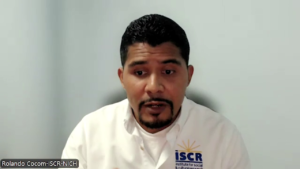
Rolando Cocom
Rolando Cocom, Director, Social and Cultural Research, NICH
“When we were thinking about this period there are several things that occur and there are several key steps that gets us to emancipation, including of course, the acts. And the actions of the enslaved people themselves who resisted being enslaved they did this through various ways. The most popular and known as revolts, meaning physically taking arms and saying, we must free ourselves, we must live on our own accords and so on. But also in other passive ways which means, doing less work than you’re, you need to do in order to not be abused on a daily basis.”
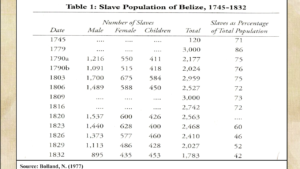 It is estimated that over two to three thousand Africans were enslaved in Belize to work principally in the extraction of logwood. Cocom explains that there is a misconception that slavery was not as severe in Belize, however records indicate that Africans were fleeing the settlement to gain freedom in Mexico and West Guatemala. YaYa Marin-Coleman, a community organizer dedicated to the empowerment of African communities, told us that the Atlantic slave trade was an interruption of the African story and stressed the importance of acknowledging how that interruption is still impacting people in today.
It is estimated that over two to three thousand Africans were enslaved in Belize to work principally in the extraction of logwood. Cocom explains that there is a misconception that slavery was not as severe in Belize, however records indicate that Africans were fleeing the settlement to gain freedom in Mexico and West Guatemala. YaYa Marin-Coleman, a community organizer dedicated to the empowerment of African communities, told us that the Atlantic slave trade was an interruption of the African story and stressed the importance of acknowledging how that interruption is still impacting people in today.
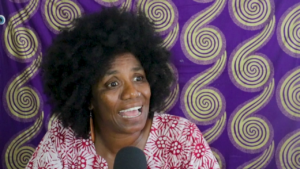
YaYa Marin-Coleman
YaYa Marin-Coleman, community organizer
“Now, we are in different world view. Most of the world view already used that 2024. They’re not for we worldview. They’re not indigenous people worldview. So you’re a fine way to call African descendants. So there’s a people of color, including indigenous people that we have more lack of solidarity because we oppression that is same before European people come with the extraction and natural resources, murdering with people for personal gain. Translations. Get massive wealth to make the first world country women are living in harmony with mama earth. We knew that you know, mama earth and all the other beings, the creatures in the water that we can put that we system, but that natural to we. So the interruption of that glorious history, our stories because his story, her story, our story. When our African ancestors, with the complicity of some of our people, but at that time our people had no idea what they were going to do as far as what happened to the people. They couldn’t see that. Just like when our people were enslaved, they couldn’t see themselves ever being free.”
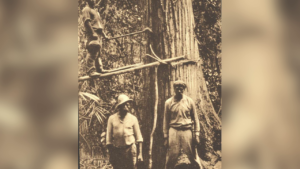 Emancipation Day was formally recognized as a holiday in 2021, however, grassroot celebrations have been occurring in communities throughout the country for decades. Kim Vasquez, Director of the Institute of Creative Arts explains that a libation ceremony was one of the ways that Belizeans commemorated the occasion.
Emancipation Day was formally recognized as a holiday in 2021, however, grassroot celebrations have been occurring in communities throughout the country for decades. Kim Vasquez, Director of the Institute of Creative Arts explains that a libation ceremony was one of the ways that Belizeans commemorated the occasion.
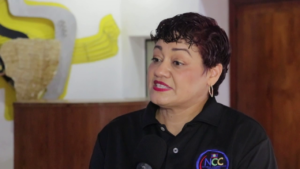
Kim Vasquez
Kim Vasquez, Director, Institute of Creative Arts
“So the libation is a ritual, It’s actually in both the Creole culture and the Garifuna culture. In the ceremony, it is incorporated because we try to incorporate cultural elements into the official ceremony. So the libation is a ritual in the Creole culture that basically calls out to the ancestors. It’s giving them thanks for their continued guidance. It’s asking them to continue guiding us. And also asking them to come and join us and be present there in spirit. in the ceremony as we call out their names. And there is a very profound moment in the ceremony where you are asked in silence to communicate with your own ancestors and to reflect and to commune with them. And while this is happening, of course, water is being poured symbolically. And that is like how the libation ceremony is done.”
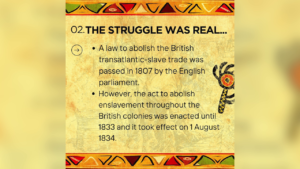 The descendants of the enslaved Africans are still feeling the impacts of slavery to this day, with limited access to education, healthcare and opportunities. It is because of this that the call for reparations continues to be made by descendants.
The descendants of the enslaved Africans are still feeling the impacts of slavery to this day, with limited access to education, healthcare and opportunities. It is because of this that the call for reparations continues to be made by descendants.
 YaYa Marin-Coleman
YaYa Marin-Coleman
“So if you are in a position of power influence. More eyes upon you, more accountability, more transparency. And when you’re wrong, just say I’m wrong. I’ll work and do better. That’s just that. And that’s why it’s so important to frame it as African emancipation, African reparations, because other groups of people get reparations. And reparations is not primarily about finance. The biggest reparation is the repair of self.”
Emancipation Day is formally recognized one day of the year, but Belizeans are a living testament to that day and that freedom.
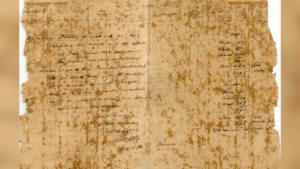 Rolando Cocom
Rolando Cocom
“So we could think about emancipation on the day itself, but you could also think about the everyday experiences that expresses African emancipation. And you can think to think about this, for instance, in true language, Creole, da di language that we talk every day. And that itself is an expression of African resilience and African the spirit of freedom.”
Britney Gordon for News Five.





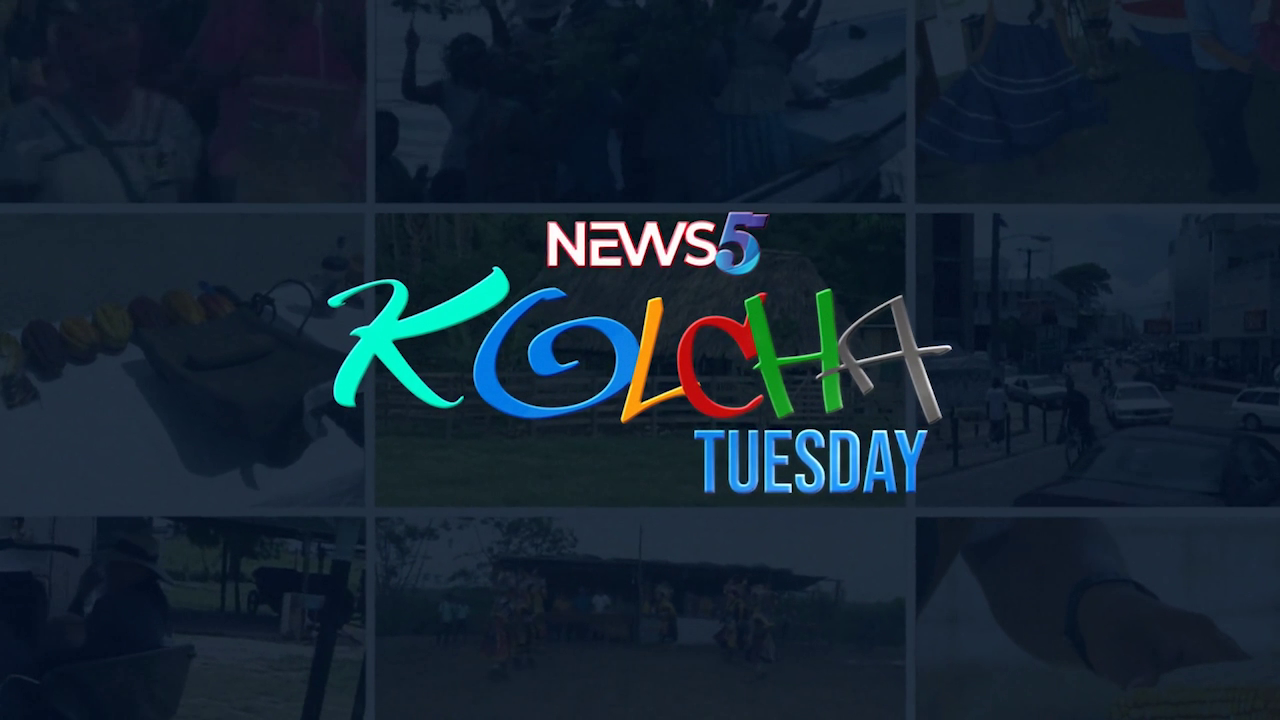
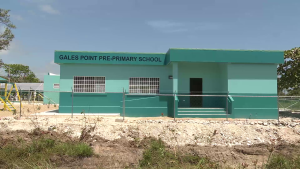
Facebook Comments